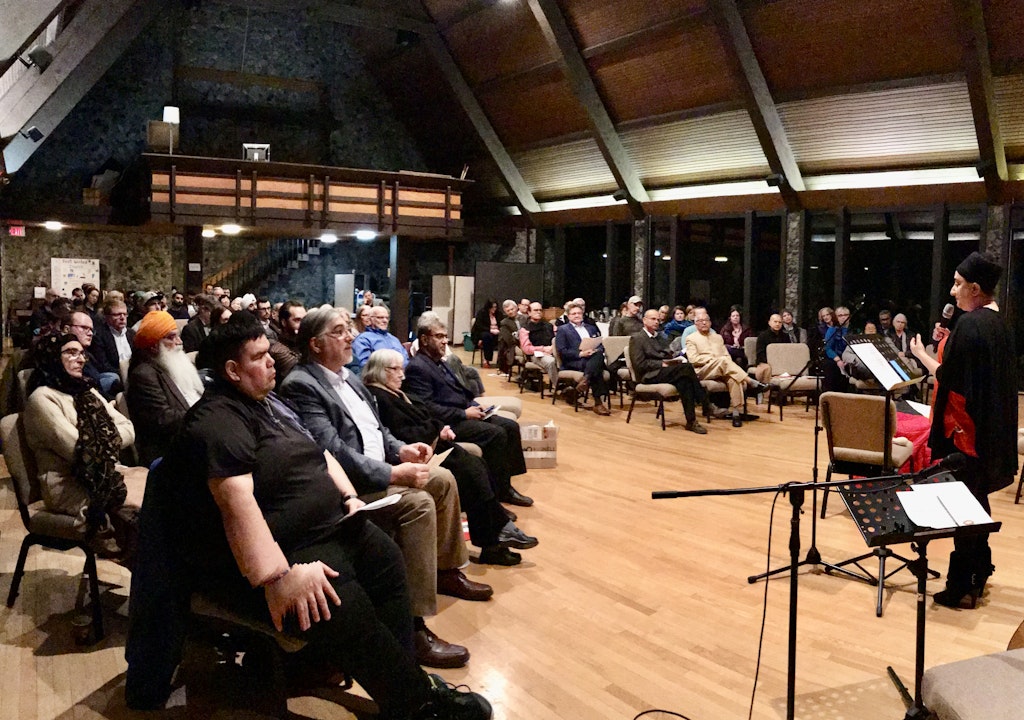The specter of conflict looms over civilizations, casting shadows that disrupt the fabric of life and humanity’s shared aspirations. The teachings of the Baha’i Faith provide profound insights into the mechanisms of peace and the prevention of a catastrophic conflagration that could engender a third world war. This perspective illumines the path to a harmonious existence, serving both as a guide and a clarion call for collective responsibility. By examining the core tenets of Baha’i thought, we uncover a framework designed for the concord of nations.
Envision a world where the collective consciousness of humanity pulsates like a vibrant tapestry, woven from threads of diversity and interdependence. Central to the Baha’i perspective is the pivotal recognition of the oneness of humanity. This principle asserts that all people are interconnected and share a common origin. In light of this, any attempt to fragment society inevitably leads to strife. The Baha’i teachings advocate for a harmonization of differences, positing that peace flourishes when we recognize our shared destiny.
As we delve deeper into these teachings, we uncover another vital element: the concept of justice. Justice, according to Baha’is, is the pivot that ensures the stability of society. It is an essential foundation upon which peace is constructed. The Baha’i teachings implore humanity to seek justice not merely as a theoretical ideal but as an actionable reality. This pursuit necessitates active participation in creating equitable structures that elevate human dignity, foster cooperation, and mitigate the inequalities that breed discontent and strife.
Moreover, the Baha’i writings highlight the importance of consultation as a method of decision-making. Consultation is esteemed as a process imbued with the spirit of collective engagement, where the diversity of thought is not merely tolerated but celebrated. The practice of consultation cultivates a culture of understanding and respect, allowing communities to navigate contentious issues collaboratively. When nations consult in the spirit of unity, the propensity for miscalculation diminishes, reducing the likelihood of conflict spiraling into war.
Furthermore, the Baha’i Faith emphasizes the educational imperative. Education is positioned as a fundamental right for all individuals, with a specific emphasis on the need for universal access, particularly for women and marginalized groups. Inadequate education perpetuates cycles of ignorance and prejudice, fertile grounds for conflict. By prioritizing education, societies can cultivate enlightened citizenry equipped to tackle global challenges with empathy and informed discernment, thus extinguishing the embers of discord before they ignite.
As we grasp these intricate threads of Baha’i thought, we encounter an intriguing metaphor: the world as a single body. Each nation represents a vital organ, contributing to the health and vitality of the whole. When one organ is afflicted, the entire body suffers. This metaphor poignantly illustrates that the health of global society hinges upon the well-being of its constituents. Therefore, nurturing collaboration among nations is not merely a moral duty; it is a physiological necessity for the sustainability of global peace.
Responsible stewardship of the earth is another salient theme within Baha’i teachings. The exploitation of natural resources without regard for future generations has engendered environmental degradation, contributing to social unrest and conflict over scarce resources. A Baha’i perspective emphasizes the need for sustainable practices that honor the intricate balance of our ecosystem. Advocating for environmental responsibility fosters not only ecological harmony but also the societal stability necessary to avert conflict.
Cultivating a global ethic—an overarching framework grounded in moral principles—is essential for the prevention of war. Baha’i teachings advocate for the advancement of a universal code of ethics that transcends cultural and national boundaries. Such a code would facilitate a mutual understanding among peoples, engendering a culture of peace that counteracts militaristic tendencies. This ethical framework is predicated on the values of love, compassion, and service to humanity, offering a potent antidote to the prevailing sentiments of isolationism and nationalism.
Lastly, the Baha’i Faith underscores the role of leadership in the quest for global peace. Leaders are urged to embody the principles of integrity, accountability, and service. Transformational leadership rooted in the Baha’i teachings can foster an environment where dialogue supersedes aggression. Leaders who espouse these ideals serve as catalysts for change, inspiring their communities to embrace principles of unity and cooperation.
In conclusion, the teachings of the Baha’i Faith present a comprehensive and intricate approach to averting the implosion of society into the cataclysm of a world war. Through the lens of the oneness of humanity, justice, consultation, education, and stewardship, Baha’i principles engender a roadmap for global peace. As humanity stands on the precipice of potential conflict, embracing these teachings offers a beacon of hope—a clarion call to build a world characterized not by division and strife, but by harmony and mutual respect. The unique appeal of Baha’i teachings lies not merely in their aspirational nature but in their pragmatic applicability to the pressing challenges confronting an increasingly interdependent world.
